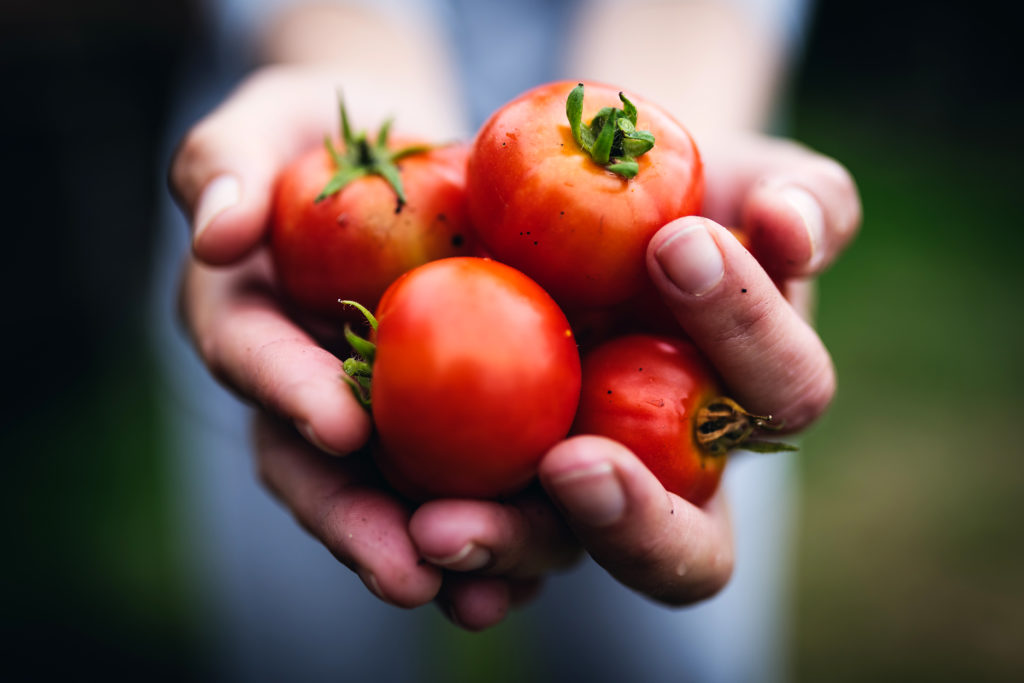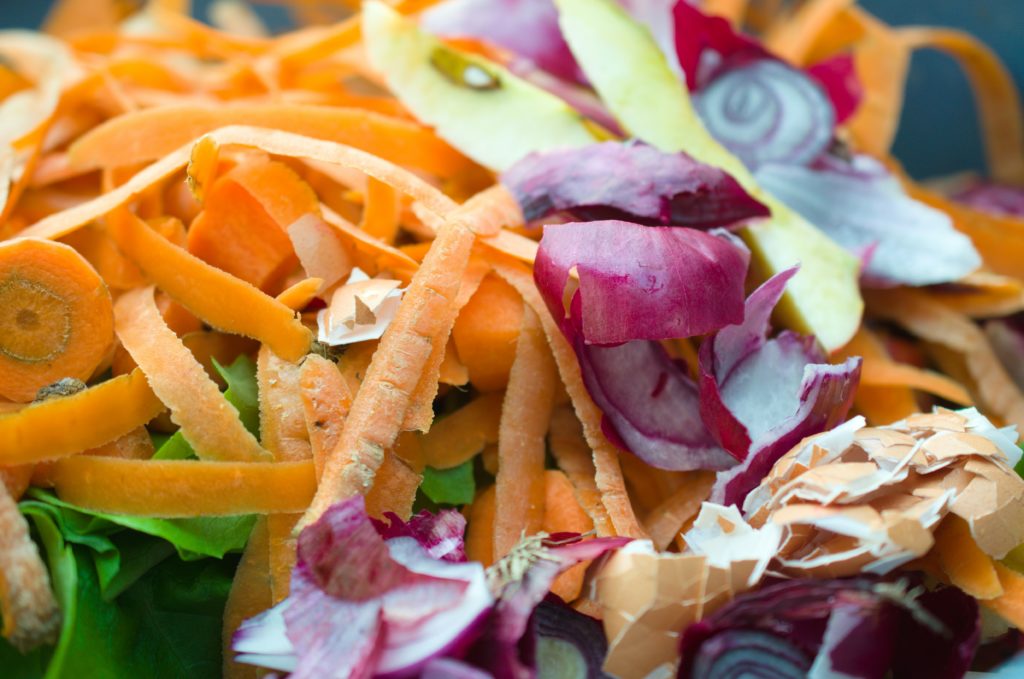You want to make your restaurant sustainable…but who can withstand extra costs in the middle of a pandemic? Fortunately, it’s not either/or: It turns out that doing the right thing for the environment can also be profitable.
In fact, a recent Nielsen study found that 83% of millennials say it’s extremely important for companies and businesses to have environment improvement programs, and 90% of millennials are willing to pay more for sustainable products.
What does this tell us? By increasing sustainable restaurant practices, your restaurant could become more attractive to key demographics.
But sustainability is so much more than profits! Connecting with local farms, donating leftover food, implementing zero-waste cooking, and other sustainability initiatives can connect you and your team more deeply into your community. That can bring a sense of purpose to your employees, which can have a positive impact on attitude, retention, and customer service.
Here are 7 ways you can incorporate sustainability practices in your restaurant.
1. Serve Dishes with Seasonal Ingredients
Let’s start with your restaurant’s menu. One of the easiest sustainable restaurant practices you can take advantage of is incorporating seasonal ingredients in your dishes.
Not only can your restaurant save money by purchasing in-season ingredients, but it also gives you a chance to rotate and update your menu throughout the year, keeping the chefs’ creative flare burning.
You may even satisfy your customers’ cravings better than before. When autumn rolls around, and your patrons crave something in-season with pumpkin or apple, they’ll know to come to your restaurant.
2. Buy Locally
Staying on the topic of ingredients, try to source them locally. Not only does this help farmers in your local economy, but it can cut down on the transportation cost and emissions to transport ingredients from out of state.
Culinary Arts students at Auguste Escoffier School of Culinary Arts receive a firm grasp of local agriculture and its effects on restaurants in the six-week Farm to Table® Experience. In this course, students become more aware of the impact of staying local and learn sustainable practices to incorporate in their own restaurants.
“Now when I cook food I think about where it came from – the blood, sweat, and tears, including my own farm – that helped bring it to me.”
Marcus McCauley, Escoffier Culinary Arts Graduate & Farm Manager, McCauley Family Farm
3. Offer More Vegetarian Dishes
Another way to make your restaurant’s menu sustainable is to offer more vegetarian options.
Many people are eating less meat specifically because they value sustainability. If your customers participate in Meatless Mondays to reduce their carbon footprint, you can help them! For example, you can serve many of the same dishes on your menu using meatless substitutes that mimic the taste, texture, and smell of various kinds of meat. For more extensive changes, a plant-based culinary education could make sense.
4. Implement Zero-Waste Cooking
We’ve discussed dishes on your menu. Now, let’s talk about what you can do to incorporate sustainable practices in your kitchen.
You can start by implementing zero-waste cooking, which is when you use all parts of the ingredients you’re cooking with and leave no scraps behind. For example, instead of throwing away bones, you can use them to flavor a broth or soup.
Zero-waste cooking can cut down on the food that you end up throwing away. You may even find that you don’t have to buy as many ingredients overall because you’re using more of what you have.
5. Donate Leftover Food
When you can’t fully use all of your food and ingredients, consider donating what’s left unused. Homeless shelters, food banks, and even farms and zoos are all candidates for donated food.
In the past, many restaurants refrained from donating food in fear of being held liable, but the Bill Emerson Good Samaritan Food Donation Act changed that. Now restaurants can donate their leftover food as they wish under government protection. However, make sure to double check your local and state guidelines regarding proper procedure.
6. Reduce Single-Use Plastic
Online food delivery soared from 66 million users in 2015 to 111 million users in 2020, and that number is expected to keep growing. It’s an excellent way for restaurants to keep their sales up and gain more customers, but it can be problematic when practicing sustainability because all of those orders require packaging.
One way to combat your restaurant’s carbon footprint is to reduce single-use plastic when customers order takeout. Rather than using plastic or styrofoam packaging, opt for paper, recycled, or compostable material instead.
You can also avoid using single-use plastic by eliminating plastic utensils and straws. Only provide these items when requested rather than giving them to everyone.
7. Think Beyond the Kitchen
A restaurant is more than just a kitchen and its menu. To truly become eco-friendly, it’s important to practice sustainability in all aspects of your restaurant.
Be conscious of the electricity you use. Instead of having the lights on all the time, create a romantic ambiance with dimmed lighting and candles where your patrons enjoy their meals. Install motion-sensor lighting in the bathrooms as well.
To be more conscious of your water usage, add low-flow toilets and faucets in the bathrooms. You’re already using a lot of water in the kitchen, washing hands, dishes, and more.
When it comes to decorating your restaurant, opt for recycled items or antiques rather than buying something new. It’s always a great idea to visit a local flea market to browse for new decor.
Lastly, train your staff to be more aware of their environmental impact when working in the restaurant. Students at Escoffier have the opportunity to learn how to effectively communicate and manage their teams, a necessary skill when working to incorporate sustainable practices in your restaurant.
Restaurant Sustainability Begins with Education
To successfully incorporate sustainable practices in your restaurant begins with an excellent education. You could acquire an environmentally-conscious chef’s skills and techniques through Escoffier’s diploma and degree programs, plus the Farm to Table® Experience course.
“I chose to attend Escoffier primarily because of the farm-to-table program. I believe in the importance of sustainability and ethical sourcing and wanted to grow more familiar with the farm-to-table philosophy”Suzanne Armstrong, Escoffier Boulder Culinary Arts Graduate
Learn from professional Chef Instructors, farmers, and artisans about cooking sustainable meals and implementing these practices in your career. We offer degrees and diplomas in the plant-based culinary arts as well as holistic nutrition and wellness, two rapidly-growing fields.
Are you ready to reduce your carbon footprint with a deeper knowledge of food? Request more information and begin your sustainability journey today.
If you enjoyed this topic, check out these sustainability articles next:





 “I chose to attend Escoffier primarily because of the farm-to-table program. I believe in the importance of sustainability and ethical sourcing and wanted to grow more familiar with the farm-to-table philosophy”Suzanne Armstrong, Escoffier Boulder Culinary Arts Graduate
“I chose to attend Escoffier primarily because of the farm-to-table program. I believe in the importance of sustainability and ethical sourcing and wanted to grow more familiar with the farm-to-table philosophy”Suzanne Armstrong, Escoffier Boulder Culinary Arts Graduate

